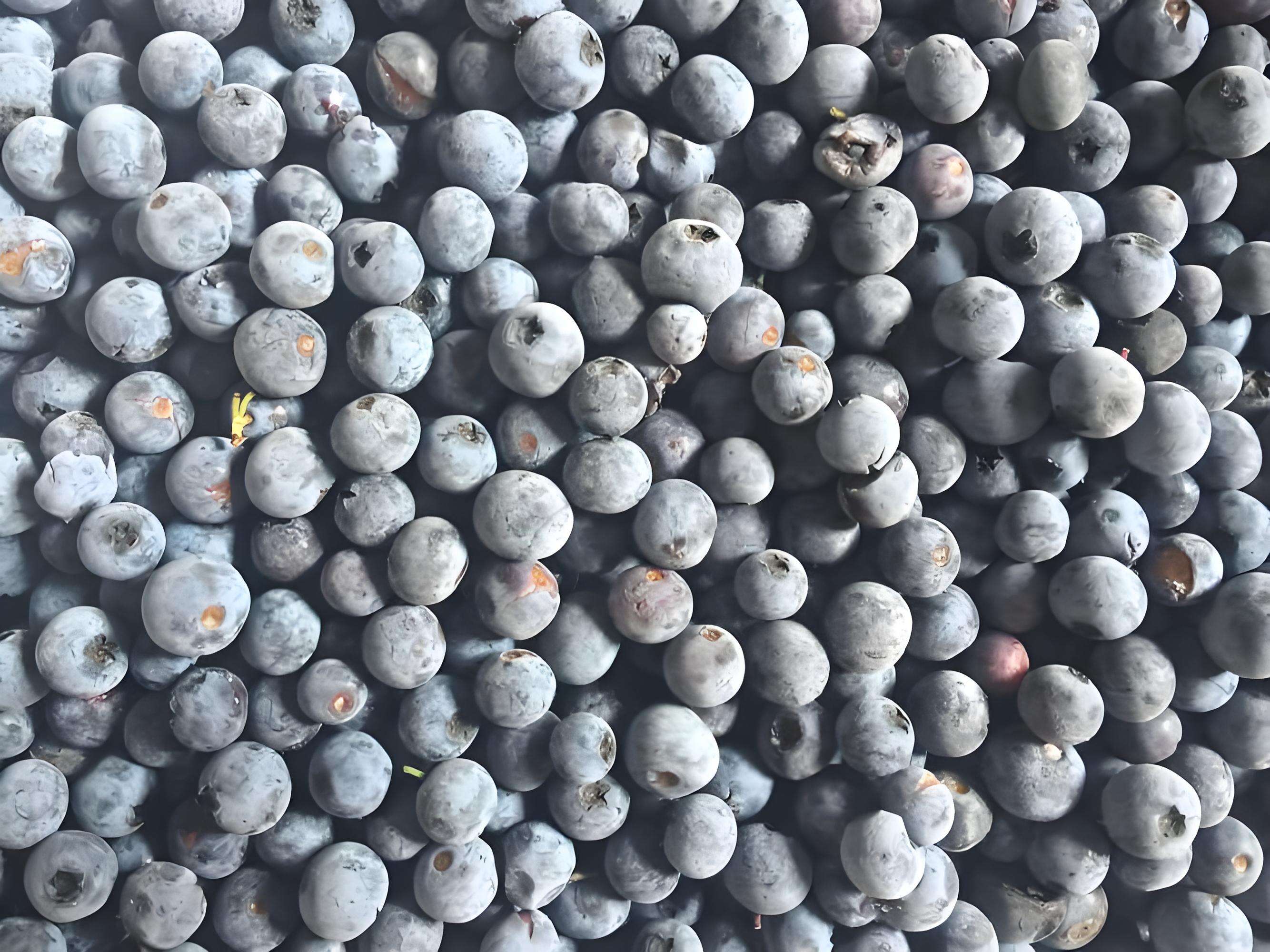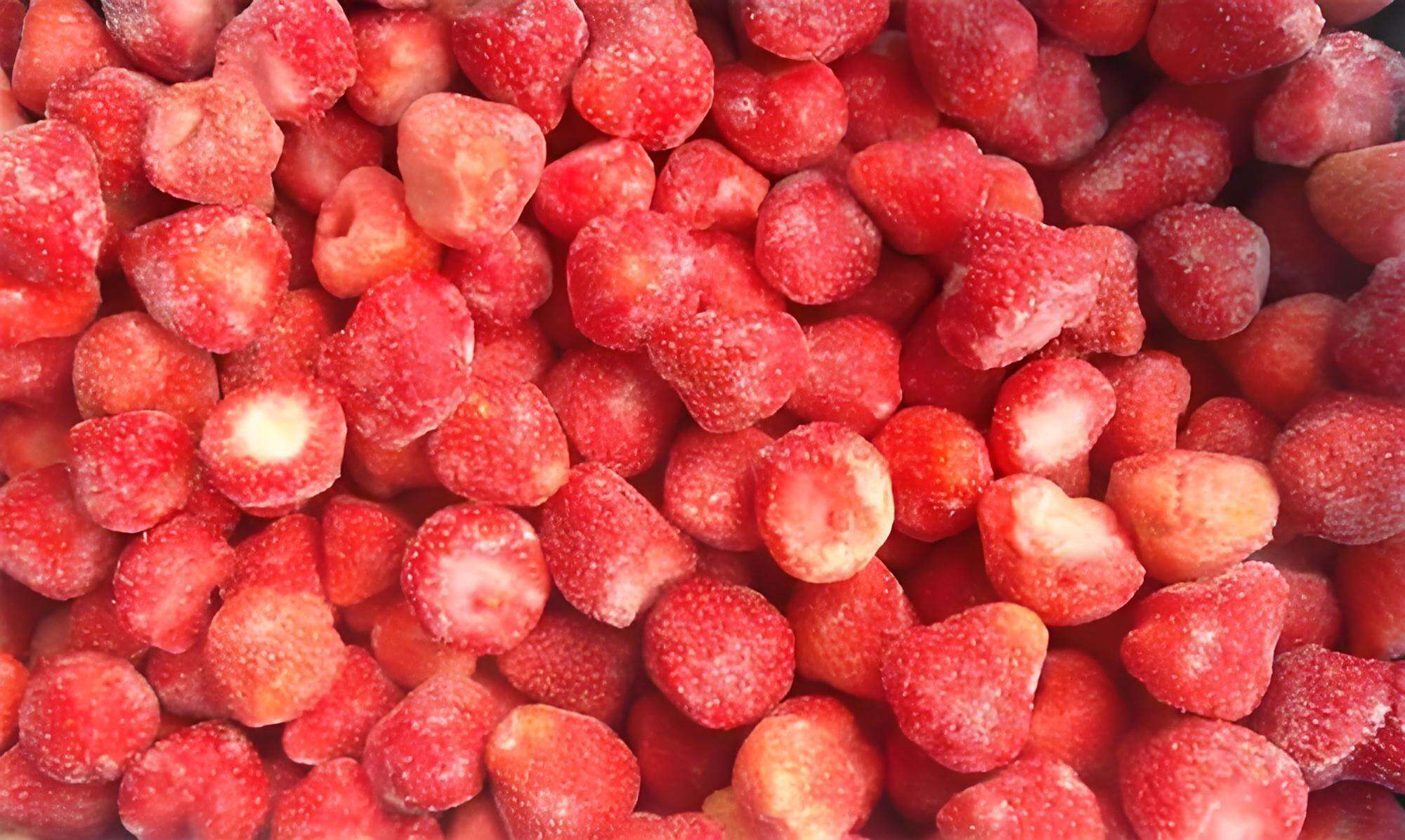Transforming Global Supply Chains Through Premium Dehydrated Products
The landscape of wholesale food distribution has evolved dramatically in recent years, with sweet dried fruit emerging as a game-changing commodity that's reshaping supply chain dynamics. From international trade routes to local distribution networks, these shelf-stable delicacies are proving their worth far beyond their delightful taste. The transformation of fresh fruits into preserved gems has created unprecedented opportunities for wholesalers, retailers, and consumers alike.
As consumer preferences shift toward healthier snacking options and sustainable food choices, sweet dried fruit has positioned itself at the intersection of convenience and nutrition. This evolution has sparked a revolution in how supply chains are structured, optimized, and managed to deliver maximum value to all stakeholders involved.
The Economic Impact of Dried Fruit Processing
Value Addition Through Processing
The process of transforming fresh fruits into sweet dried fruit creates significant economic value throughout the supply chain. By removing water content while preserving essential nutrients and natural sugars, processors can extend product shelf life from days to months. This transformation allows for more flexible distribution schedules, reduced waste, and higher profit margins for everyone in the supply chain.
Processing facilities have become vital economic hubs in fruit-growing regions, creating year-round employment opportunities and stabilizing local economies that previously relied solely on seasonal harvests. The ability to process and store sweet dried fruit has enabled producers to maintain steady income streams even during off-season periods.
Cost Efficiency in Transportation and Storage
The reduced weight and volume of sweet dried fruit compared to its fresh counterpart results in substantial savings in transportation costs. Wholesalers can ship larger quantities of product value in smaller spaces, optimizing container utilization and reducing the carbon footprint of their logistics operations. Additionally, the ambient storage requirements eliminate the need for expensive cold chain infrastructure, further reducing operational costs.
These efficiency gains translate into competitive pricing strategies that benefit both businesses and end consumers. The extended shelf life also means fewer emergency shipments and better inventory management throughout the supply chain.
Supply Chain Innovation and Technology Integration
Advanced Processing Technologies
Modern sweet dried fruit processing facilities leverage cutting-edge technologies to maintain optimal quality while maximizing efficiency. From advanced dehydration systems that preserve natural flavors to sophisticated sorting mechanisms that ensure consistent product quality, technology plays a crucial role in value creation.
Artificial intelligence and machine learning algorithms now help processors predict optimal drying times and conditions for different fruit varieties, resulting in superior products that command premium prices in the market. These technological advances have revolutionized traditional processing methods, leading to better quality control and increased production capacity.
Digital Supply Chain Management
The integration of digital technologies in sweet dried fruit supply chains has transformed inventory management and distribution efficiency. Blockchain technology enables transparent tracking from farm to shelf, while IoT sensors monitor storage conditions to maintain product quality throughout the journey.
Real-time data analytics help wholesalers optimize stock levels, predict demand patterns, and reduce waste. This digital transformation has created new opportunities for value creation through improved forecasting accuracy and enhanced customer service capabilities.
Market Expansion and Product Diversification
Global Market Opportunities
The international demand for sweet dried fruit continues to grow as health-conscious consumers seek convenient, nutritious snacking options. Emerging markets in Asia and the Middle East present particularly attractive opportunities for wholesalers looking to expand their distribution networks. The ability to transport and store these products efficiently makes them ideal for international trade.
Cross-border partnerships and strategic alliances have become increasingly important in capitalizing on these opportunities. Successful wholesalers are those who can navigate international regulations while maintaining product quality and competitive pricing across different markets.
Product Innovation and Value-Added Offerings
Innovation in sweet dried fruit processing has led to an expanding array of product variations that cater to different market segments. From organic and no-added-sugar options to exotic fruit blends and functional food ingredients, product diversification has opened new revenue streams for wholesalers.
The development of custom blends for food manufacturers and private label products for retailers has created additional value-adding opportunities within the supply chain. These specialized products often command premium prices and help establish long-term business relationships.

Sustainable Practices and Future Outlook
Environmental Sustainability
The sweet dried fruit industry is increasingly embracing sustainable practices throughout the supply chain. Solar-powered drying facilities, water recycling systems, and biodegradable packaging solutions are becoming standard features in modern operations. These initiatives not only reduce environmental impact but also appeal to environmentally conscious consumers and businesses.
Sustainable sourcing practices and fair trade partnerships help ensure the long-term viability of supply chains while creating positive social impact in farming communities. These ethical considerations are becoming increasingly important in wholesale buyer decisions.
Future Growth Prospects
The future of sweet dried fruit in wholesale supply chains looks promising, with several trends driving continued growth. The rising popularity of plant-based diets, increasing demand for natural preservatives in food manufacturing, and growing awareness of the health benefits of dried fruits all contribute to positive market outlook.
Investment in research and development continues to yield new processing technologies and product innovations, suggesting that the industry will continue to evolve and create additional value opportunities throughout the supply chain.
Frequently Asked Questions
What makes sweet dried fruit a valuable commodity in wholesale supply chains?
Sweet dried fruit offers extended shelf life, reduced transportation costs, and stable year-round availability. These characteristics, combined with growing consumer demand for healthy snacks, make it a valuable commodity that creates efficiencies throughout the supply chain.
How does processing technology impact the quality of dried fruit products?
Advanced processing technologies maintain optimal temperature and humidity levels during drying, preserving natural flavors and nutrients while ensuring consistent quality. Modern equipment also enables precise control over moisture content, resulting in superior products that meet strict quality standards.
What are the main sustainability considerations in dried fruit supply chains?
Key sustainability factors include energy-efficient processing methods, water conservation in production, sustainable packaging solutions, and responsible sourcing practices. The industry increasingly focuses on reducing carbon footprint and supporting fair trade relationships with fruit producers.


